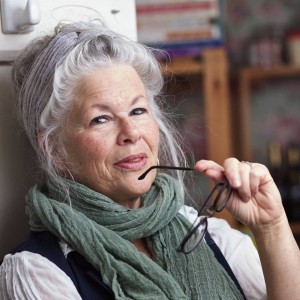
Those are some of the words used by the authors who wrote blurbs for the anthology, Dumped: Stories of Women Unfriending Women (She Writes Press, March, 2015). The twenty-five essays in this powerful collection are as diverse as they are universal. What they have in common is, as Neil White says, “a rare, uncensored, sometimes terrifying glimpse into the female psyche.” Nina Gaby, the editor, is a psychiatric nurse practitioner. She ends her introduction to the collection with these words:
As we explore the fragile and unfathomable nature of lost friendships, we find our own resilience in the stories of others, these wise memes, these templates for redefinition. Lost friendships, betrayal, emptiness, lessons learned–the unthinkable leaves us in that dark place, but only for a while. We rebound because we must, because we are vital. And we rebound because loss, among other things, only serves to make us stronger and to make what remains that much more precious.
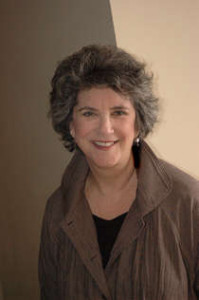
Victoria Zackheim writes in the Foreword:
To fully comprehend the trauma of a friend severing ties with us-or, as Gaby words it, of being unfriended and unceremoniously dumped–we must first understand the importance of friendship. The friendship between women–whether we harken back to the biblical, historical, literary, or junior high school variety–has ever been an alliance in which we share part of our selves: secrets, fears, petty gossip…. We trust friendship, put our faith in it, sometimes forget how precious it is, and occasionally betray it.
Excerpts from a few of the essays: (Buy the book and read all of them!)
She stonewalled me. It was inconceivable but true. I’d been dumped by my closest friend, the woman who was dearer than a sister. She had erased herself from my life. And worse: with no explanation.—Carol Cassara, “Keeping Secrets”

There is no friend like that first. There is no confidant or partner so dear. The first love learned, our first friend is our mother, our spouse, and our child. But once that second soul is gone, the need for it fades. Thoughts aren’t communal anymore; desires are not spoken. And what of it? Much worse things have been left behind, much more of history has wilted and been forsaken. The lame cannot be carried along.—Suzanne Herman, “Ten Days”
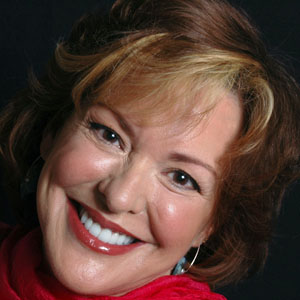
Your marriage ends; someone dies. It’s horrific. It’s unbearable. And yet, quickly, a circle of compassion surrounds you. People offer condolences, companionship, and casseroles. You lose a friend and, unless you tell, no one even knows. If you do tell, no one much cares. Not even other women, who know that the loss of a friend is very different for a woman than it is for a man, that it’s a crushing, terrifying experience—yet they say she was “just a friend.”—Jacquelyn Mitchard, “Since I Don’t Have You”
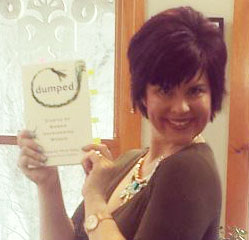
I didn’t know how to stay through pain or peskiness. With girlfriends, I didn’t know how to work through their or my own ugliness, how to fight for the friendship. I left because it was easier, and the story went that she broke my heart…. But the truth was I had broken my own heart with pride and stubbornness and timidity…. I would have to learn how to fight for the women in my life. I would have to learn how to fight, ultimately, for myself.—Alexis Paige, “Bridezilla or Chill Bride? Which One Are You? Take This Quiz to Find Out!”
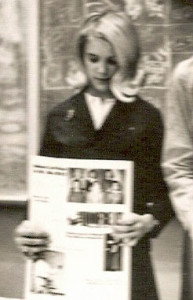
I’ve forgiven the girls who unfriended me in high school, but Cindy’s words will always be with me. And maybe that’s not a bad thing, if I can use them to become a more authentic person without going all introspective in a navel-gazing way. Maybe I was being superficial in my approach to finding happiness. I know now that my wounded teenage psyche was doing the best it could to survive what might be the most difficult of all life stages. Maybe we never do get over high school.—Susan Cushman, “High School Never Ends”
Early friendships were fraught with hyprocrisy, contextual shame, and cultural marginalization, equations far too intricate for a thirteen-year-old. Dumping was a more complicated phenomenon than we ever acknowledged, and easier to do than to try to understand. I had to pretend it didn’t matter. I learned to project a safer perspective onto a wall between me and the pain. It made me independent with a never-quite-fulfilled craving for closeness. Maybe that was part of the problem. The resultant sheer avoidance never made it any easier, not at thirteen, not at fifty.—Nina Gaby (Editor), “Simply Geometry: The Art of War For Girls”
Thank you Susan. And the photo of that young you next to your heartfelt essay-how perfect. A testimony to how trusting and beautiful those first friendships are.
Thanks, Nina. It was a last-minute thought to add that photo… and it brings back lots of memories, some good and some painful.
thank you for sharing your tender self. 😉
Thanks for reading, Emma!